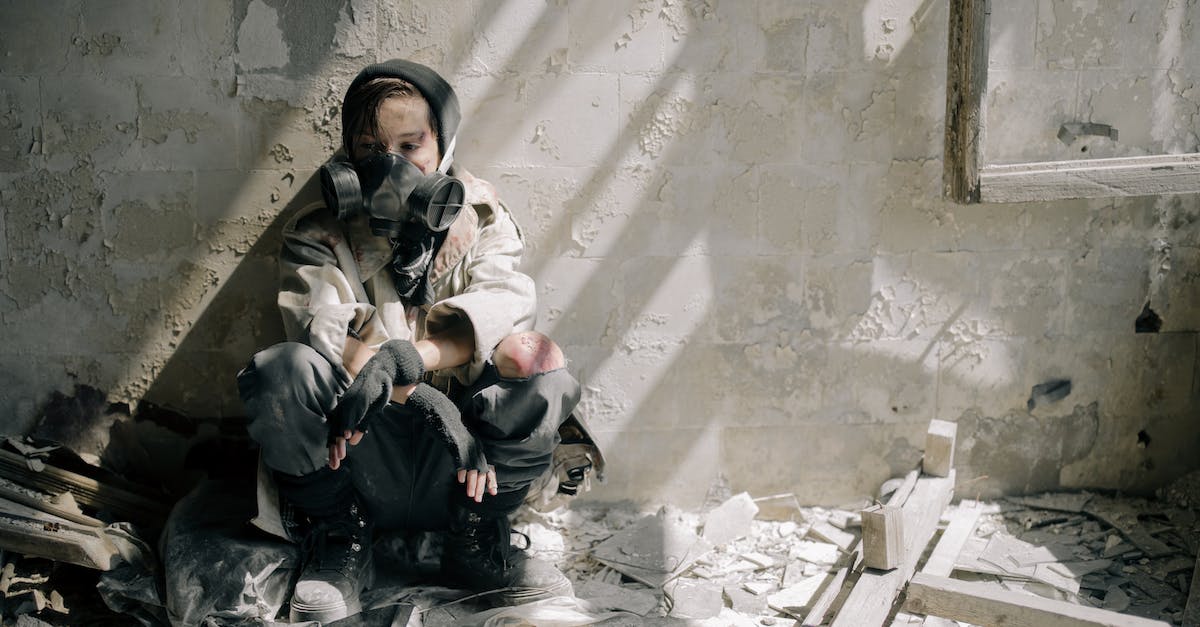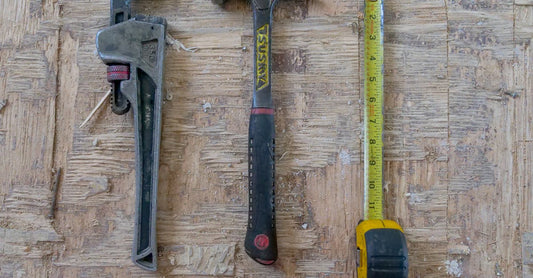kəˈlaps
verb, noun
To collapse or the act of collapsing
Example usage: The wall collapsed due to the heavy rain.
Most used in: Construction and engineering in the United States.
Most used by: Tradespeople, such as carpenters, electricians and plumbers.
Popularity: 8/10
Comedy Value: 2/10
Also see: Cave-in, Failure, Impairment, Settling,
What is Collapse in the Context of Electrician Construction?
Collapse is a term that is used in the context of electrician construction. It refers to the failure of an electrical system, which can range from a small local failure, to a large-scale blackout. Collapse can be caused by a number of factors, including improper installation, overloaded circuits, and faulty equipment. In some cases, collapse can be caused by natural disasters, such as floods, fires, and earthquakes.
Collapse can be dangerous, as it can lead to serious injuries and fatalities. According to the United States Fire Administration, electrical fires account for an estimated 13,000 fires each year, resulting in approximately $1.4 billion in property damage. The National Fire Protection Association also reports that electrical distribution and lighting equipment is the leading cause of residential fires in the United States.
In order to prevent collapse, electricians should follow the National Electrical Code (NEC). The NEC provides guidelines for the safe installation of electrical systems, and is updated regularly to ensure that electricians are working with the most up-to-date information. Electricians should also ensure that all equipment is in good working condition, and that all wiring is properly installed.
Collapse is a serious issue in the context of electrician construction, and can have serious consequences. Electricians should take the necessary steps to prevent collapse and ensure the safety of their customers and themselves.
.A History of the Term 'Collapse' in Electrician Construction
The term 'collapse' is a common phrase used in the context of electrician construction. It is used to refer to the sudden and unexpected failure of a structure due to a variety of factors, such as age, design, weather conditions, or other causes. The word was first used in this context in the late 19th century, most likely in the United Kingdom.
The earliest known use of the term 'collapse' in this context was in a 1901 report by the British Board of Trade, which mentioned a 'collapse' of a construction in a factory in Cheshire. Since then, the term has been used in many other contexts, such as factories, buildings, and bridges, to refer to the sudden and unexpected failure of a structure.
Today, the term 'collapse' is used in many different contexts, from construction to engineering to economics. However, its origin in the context of electrician construction remains the same: to refer to the sudden and unexpected failure of a structure.




